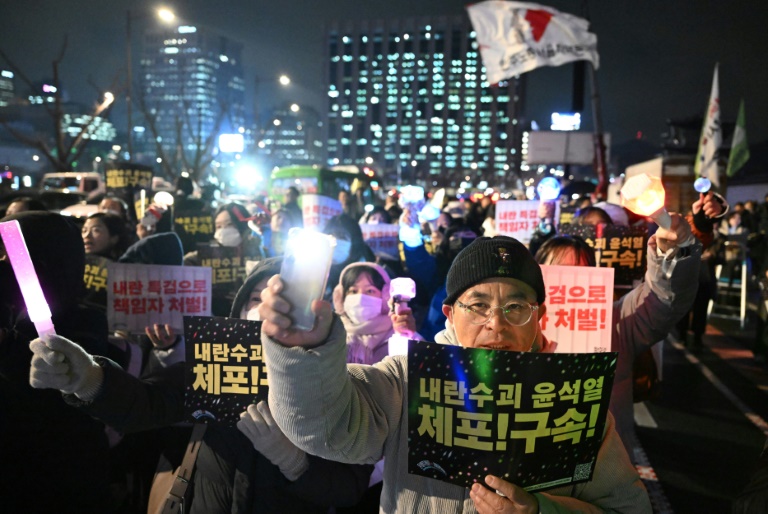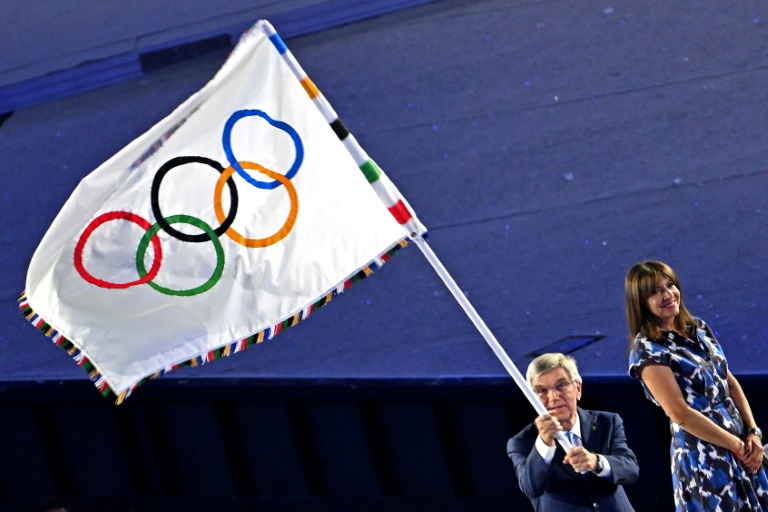The Kremlin on Tuesday criticised what it called US “interference” in the case of jailed opposition leader Alexei Navalny, whose whereabouts are unknown according to his allies.
Allies have offered reward for any information about Navalny, who Amnesty International said “may have been subjected to an enforced disappearance”.
The United States a day earlier said it was “deeply concerned” by Navalny’s team saying they have had no access to him for almost a week and reports that he was taken out of the prison where he has been held for months.
EU foreign policy chief Josep Borrell called the reports “highly worrying”.
“We are talking about a prisoner who was found guilty by the law and is serving the prison sentence he received. Any interference, including from the US, is unacceptable,” Kremlin spokesman Dmitry Peskov told reporters.
A court this summer prolonged Navalny’s sentence to 19 years and ruled that he be moved to a harsher — “special regime” — prison.
Navalny’s allies linked his disappearance and possible transfer to a harsher prison with President Vladimir Putin’s announcement that he plans to extend his long rule by running for a fifth presidential term in March.
His team said the politician had missed several court hearings and that lawyers were told he was removed from his prison.
“Today, Alexei was again not taken to court via video link,” his exiled spokeswoman Kira Yarmysh said on social media Tuesday.
“An employee of the IK-6 (prison colony) stated that Alexei ‘left the colony’ but apparently nobody knows where he was taken,” she said.
It was the seventh day Navalny’s allies said they had no contact with him.
“It’s impossible to imagine that no one knows where he is,” said Ivan Zhdanov, an exiled Navalny ally.
“We promise a reward for reliable and complete information.”
Russia’s huge prison system often takes weeks — or longer — to move prisoners between far-flung facilities by rail.
Amnesty International acknowledged “the possibility that he may be in transit to another prison colony”.
But it added that, “as if attempted poisoning, imprisonment and inhumane conditions of detention were not enough, Alexei Navalny may now have been subjected to an enforced disappearance.”
The European Union called for Navalny’s “immediate and unconditional release from politically motivated incarceration” on Tuesday.
“Russia’s political leadership is responsible for his safety and health in prison for which they will be held to account,” Borrell posted on X, formerly Twitter.







